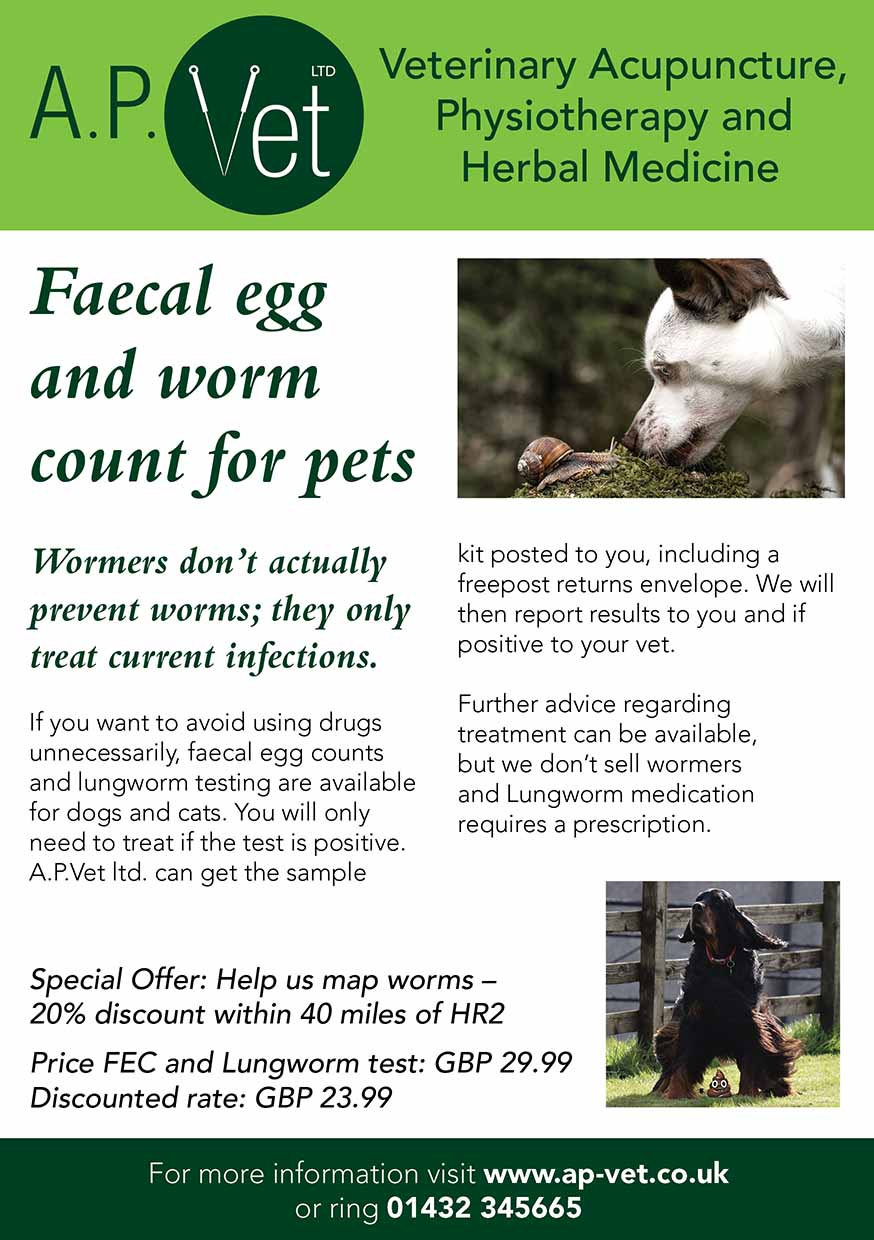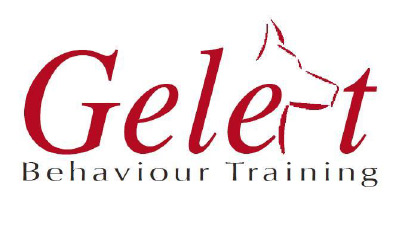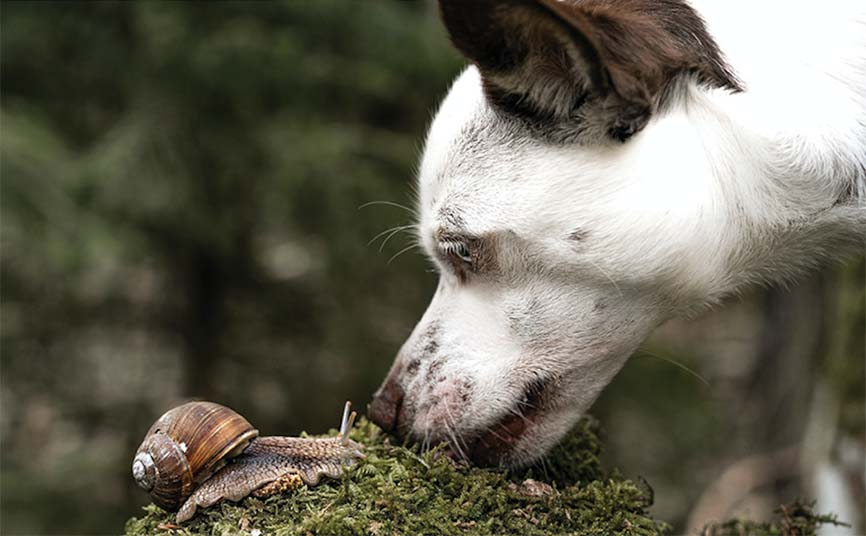My good friend Iris Ege’s practice is offering a special price on Faecal Egg Counts at the moment which I am very pleased to share with you.
It astonishes me that so many dog and cat owners diligently give their pets powerful medicines on a monthly basis without considering if they are necessary or beneficial.
As an RVN (Registered Veterinary Nurse), I did this with my own dogs (and advised this to clients, shame on me for both!) for many years, as that is what I was trained to do. It was only when the vets responsible for my horses and livestock were telling me NOT to treat for worms or parasites unless they were known to be present that I began to question this practise.
At the very simplest level, there is absolutely no point in treating to kill off something which isn’t actually present in or on your pet. If there are internal or external parasites present, then of course one must take action, the risk is that the parasites become resistant to the safest and most easily available treatments, simply because they are so grossly over used. Healthy pets rarely have trouble with parasites.
At a “bigger picture” level, there is a serious impact on the environment from these powerful chemicals. This article goes into great detail about exactly why we need to concern ourselves with this. It astonishes me that people are willing to apply concentrated chemicals to their pets’ skin, when in the datasheet, there are warnings not to stroke the pet following application, or not to allow the treated pet to sleep on children’s beds!
It’s very, very easy and inexpensive to find out if your pet has internal parasites – collect some poo and send it to be tested ! Iris’s practice is very keen to encourage this (and there are other laboratories where you can simply buy a test kit online and post the sample directly to the lab e.g wormcount.com).
External parasites can be a little more tricky – it’s rare to see fleas on a pet, unless they have a very, very serious infestation but simply brushing them over a wet, white piece of kitchen towel paper will tell you. Flea poo is mostly blood and blood dissolves on wet paper – if you brush out dark gritty particles, and they get an orange-y red “halo” around them on the wet paper, you can be sure that’s flea poo and action needs to be taken. The most important action is to the pet’s environment as this is where the flea larvae are lurking. Ticks are obvious, and need to be removed promptly to prevent them from passing on serious diseases, most easily using an O Tom Tick Twister. Lice are rare and usually obvious. Other external parasites can be more challenging to identify and may need diagnostic investigations such as skin scrapings by your vet.
All parasites can be “discouraged” by focusing on your pet’s overall health – feeding a species appropriate diet (and by that I mean as close to what that species of pet would eat in the wild, not a bag that says “dog” or “cat” food, just to be clear!), adding herbs that are objectionable to internal and/or external parasites such as Natures Bounty and thorough grooming will all help.
Please do your research and act in the best interests of your pet’s health and wellbeing, as well as that of our precious and precarious environment.
More details on Iris Ege’s offer to receive a 20% discount on faecal egg counts and lungworm testing can be found on her flyer – image attached below. Visit www.ap-vet.co.uk for more information about AP Vet.


